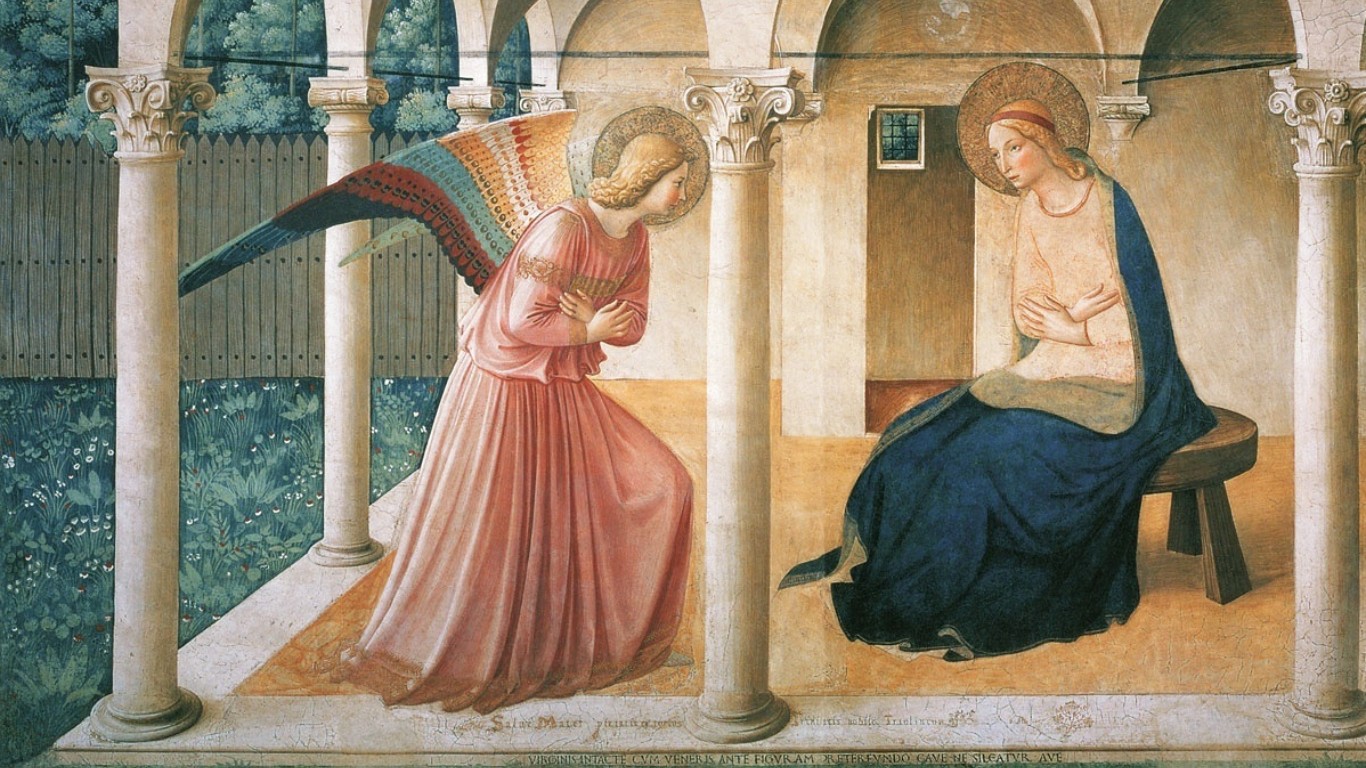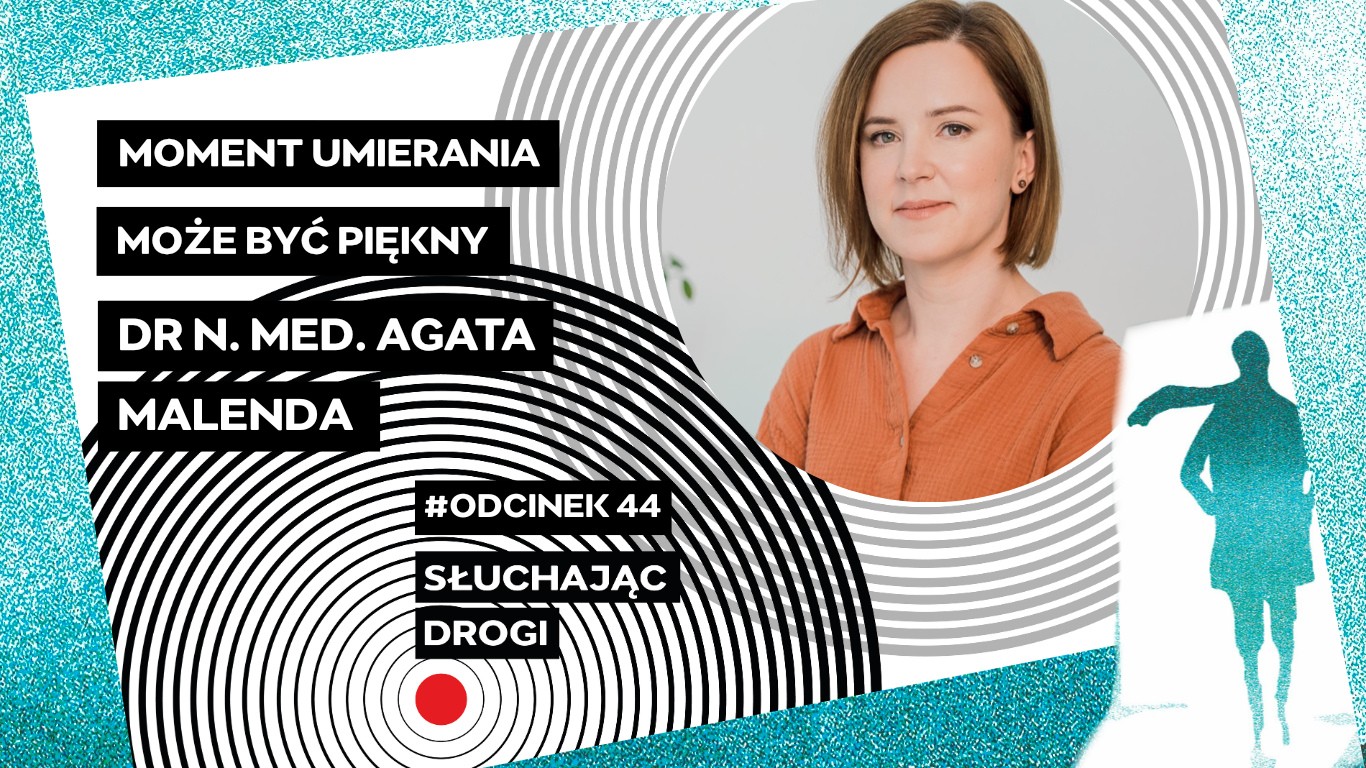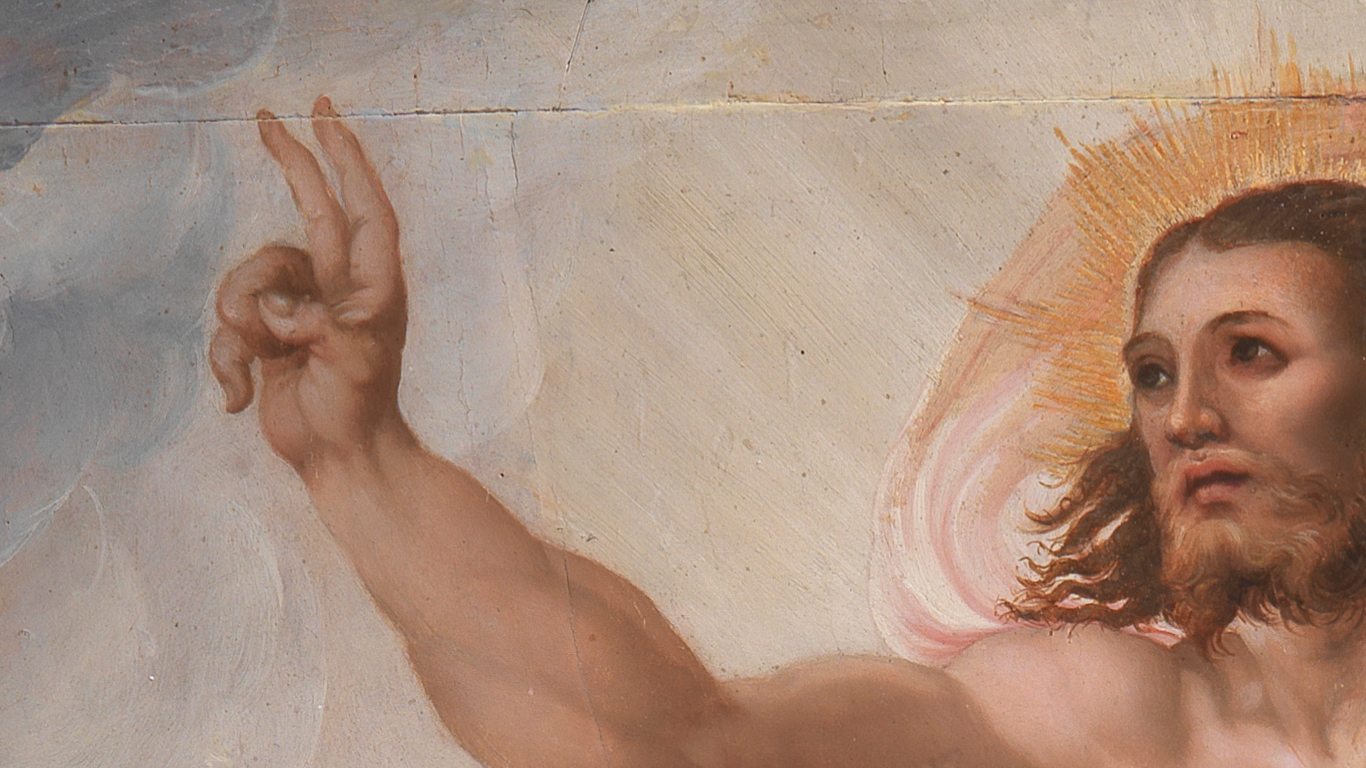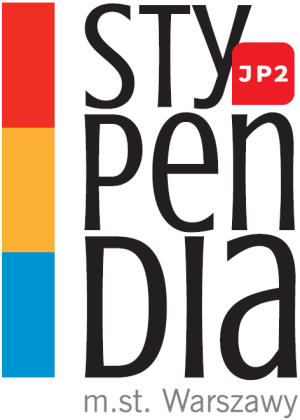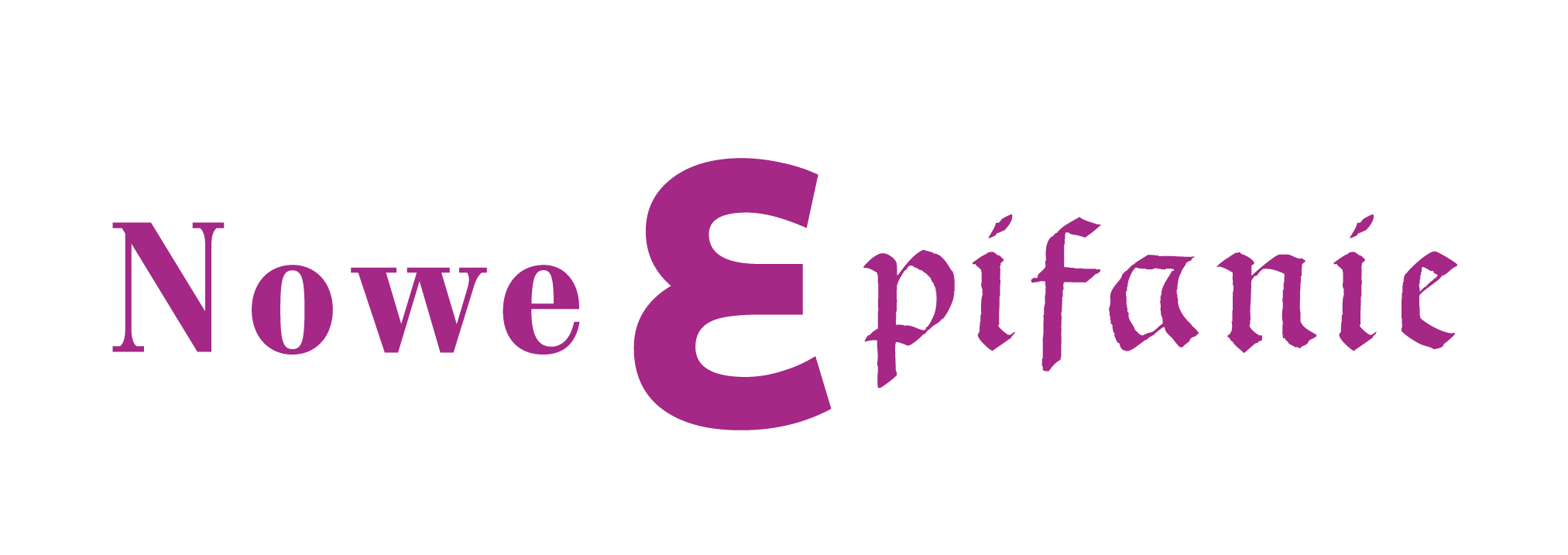Seminars
Dr Michał Łuczewski: ‘A Leader’s Identity: John Paul II as Integral Leader’
The course will, first, seek to rediscover in the life and thought of John Paul II/Karol Wojtyła a source of inspiration and consequently transformation, both for us and for the world. Being one of most influential spiritual leader of the XXth century, John Paul II demonstrated on an unprecedented scale the essence of an integral leadership in an integral vision of man. Our second task will be to articulate this vision. We will concentrate on personal identity of every leader to be, emphasizing the fundament of human freedom and its constraints. By perceiving the human being in the perspective of his vocation to greatness, we also become aware of human weakness, and that which can remedy it. Finally, we will apply Wojtyła’s principles, trying to look at ourselves as he did: as ‘entrusted with the task of crafting our own life […] to make of it a work of art, a masterpiece’ (see Letter to Artists, 2).
First session: John Paul II as Integral Leader
Second session: A Leader’s Identity: Triple Freedom
Third session: John Paul II’s Lessons for Future Leaders
Dr Michał Łuczewski – director of Programmes at the Centre for the Thought of John Paul II (Warsaw), Assistant Professor at the Institute of Sociology, University of Warsaw, and Visiting Scholar at the Centre for Social Studies (Warsaw), was Fulbright Fellow at Columbia University (NY, 2005-06), and Józef Tischner Fellow at the Institute for Human Sciences (Vienna, 2004-05). He is an editor of an ‘antidisciplinary’ journal Stan Rzeczy/ State of Things, and of 44. Magazyn Apokaliptyczny/Forty four. An Apocalyptic Magazine. He is the author of the award-winning book Eternal Nation. Pole and Catholic in the village of Żmiąca as well as The Centre for the Thought of John Paul II’s dual language book Solidarity Step by Step.
Dr Martin Luteran: ‘The Virtues, Leadership, and Social Life’
This course of seminars will investigate the role of the virtues in leadership and in social life. First, we will point to the idea of natural law, which has been the groundwork of a two-thousand-year old tradition of thinking about how to live a good life. What is the end of human life? How do we correctly describe human action? How does one become virtuous? Next, we will look at the moral virtues of courage, temperance and justice, as well as the intellectual virtues of prudence, knowledge, and wisdom. Thereafter, we will explore an application of those virtues to social life in the perspective of taking responsibility for culture and politics. Although the course will be based on the classical tradition enriched by Christian revelation, it will be open for creative application of the ideas of virtues to contemporary issues and to the students’ own lives.
First Session: Natural Law and Philosophical Anthropology
Second session: Moral Virtues and True Leadership
Third session: Social Virtues and Social Life
Dr Martin Luteran – founding rector of the Collegium of Anton Neuwirth in Bratislava, and Affiliated Scholar of the John Jay Institute in Philadelphia. He received his doctoral degree in law from Oxford University. He has expertise in moral and legal philosophy, and particularly the idea of proportionality in human rights law. He founded the Ladislav Hanus Fellowship, an academic fraternity of students and young professionals. He received his master’s degree in law at Comenius University (Bratislava) before heading to Oxford for a second master’s in law.
Rev Dr Oleh Kindiy: ‘Slavic Spirituality and Sanctity: East and West’
This seminar will focus on the roots of Christian spirituality rooted in the Biblical and Patristic tradition of the Western and Eastern Churches. It will also look at their application in the experience of women and men of the twentieth century, particularly in their witness of faith in the midst of persecution and totalitarian regimes. We will ask ourselves how the Old Testament understandings of being different (kadesh) and being just/holy (kedushah) was transformed by Jesus’s call to life in mercy and grace, namely, through the cross and by the resurrection. We will also discuss how this new Christian understanding of holiness changed the Greco-Roman notion of the good and flourishing life, both of individuals and society. We will examine the examples of ‘living icons’ of the twentieth and twenty first centuries: St. Faustyna Kowalska, St. Maximilian Kolbe, Bl. Zdenka Cecília Schelingová, Bl. Basil Hopko, Bl. Josaphata Hordashevska, and Rev. Joseph Slipyj. That will construct the background for a better understanding of Slavic spirituality in the 20th century and beyond.
First session: Biblical Roots of Spirituality and Holy Life
Second session: Transformation of the Classical Tradition
Third session: (co-prepared by students): ‘Living Icons’ of The Twentieth And Twenty-First Centuries
Rev Dr Oleh Kindiy – assistant Dean of the Faculty of Philosophy and Theology and Associate Professor of Patristic Theology at Ukrainian Catholic University (UCU). He gained his PhD in Historical Theology in the Catholic University of America (CUA), Washington, DC. His main research interests are: Late Antiquity, Patristics and Medieval Studies, Byzantine Studies, Ukrainian Studies, Religious Education, Ecumenism, Translation of Historical, Theological, and Philosophical Literature, and Catholic Social Doctrine.
WORKSHOPS
Crucial Conversations
How to handle disagreements when the stakes are high? How to talk when your adrenaline is high and your heart is racing? This workshop will help you be prepared for this kind of situations. It will give you tools to transform anger , frustration, and hurt feelings into a genuine dialogue. You will learn to be persuasive but not abrasive, and to make it safe to talk about almost anything. The workshop’s methodology is based on the bestselling book 'Crucial Conversations’ by Patterson et al.
Dr Paulina Bednarz-Łuczewska
She is a management scholar and business consultant as well as Assistant Professor at Kozminski University in Warsaw. She gained her PhD at Humboldt University in Berlin, specializing in work-family relations among working mothers. Her current academic and professional interests include strategic human capital management, participatory forms of management, and strategic management. She is also an amateur singer specializing in historically-informed prerformance of Baroque music.

